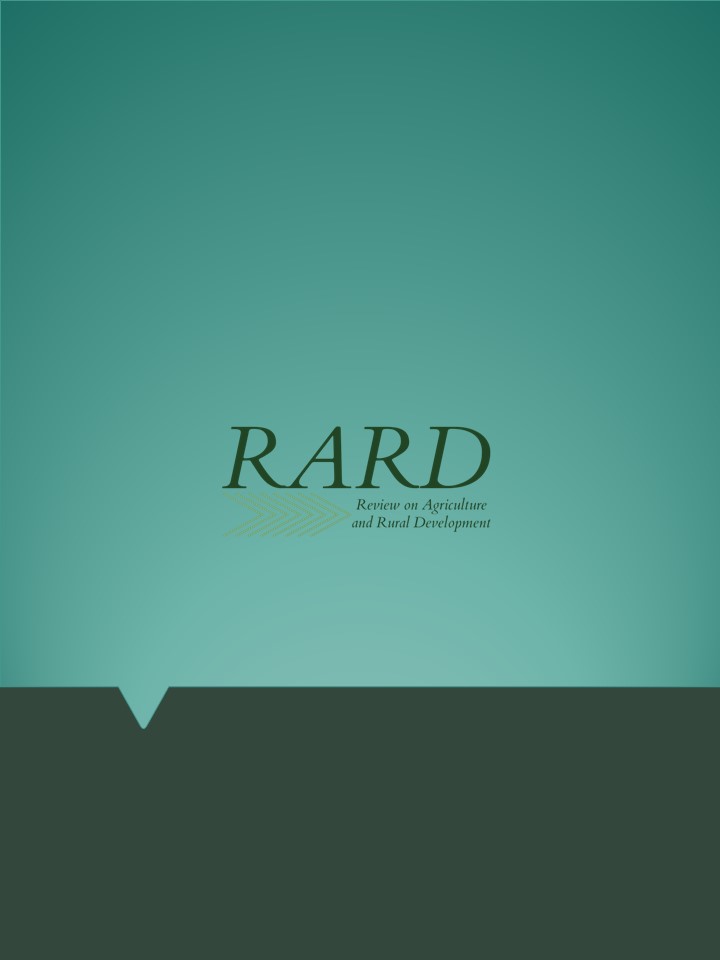Genetic Diversity of Soybean Varieties and Their Biological Potential as Affected by Agronomical Practices
Main Article Content
Abstract
The purpose of study was asses the genetic diversity of soybean varieties by SSR markers and investigate their productivity formation as affected by organic fertilizer, growth regulators and moisture retainer treatments in the Forest-Steppe zone of Ukraine. The effects of agronomical practices were assessed based on yield, protein and oil content. The study was carried out during 2016-2018.
As result it was found that the most similar varieties based on 4 SSR markers were varieties with genetic distances 1.73. The most different was Aliaska variety with genetic distances 3.16-3.87. Hieba, Kano and Ustia varieties, which are early-season varieties, were distributed in different clusters. It was determined that maximum of yield was obtained for Kano variety with combining moisture retainer, organic fertilizer and growth regulator “Vermystym D”. The highest protein content in studied varieties was determined in case of combining organic fertilizer and growth regulators. The maximum of oil content was noted in Ustia and Kano varieties with application moisture retainer, organic fertilizer, growth regulators “Vermystym D”. Thus, the biological features and applied nutrition affected studied indicators.
